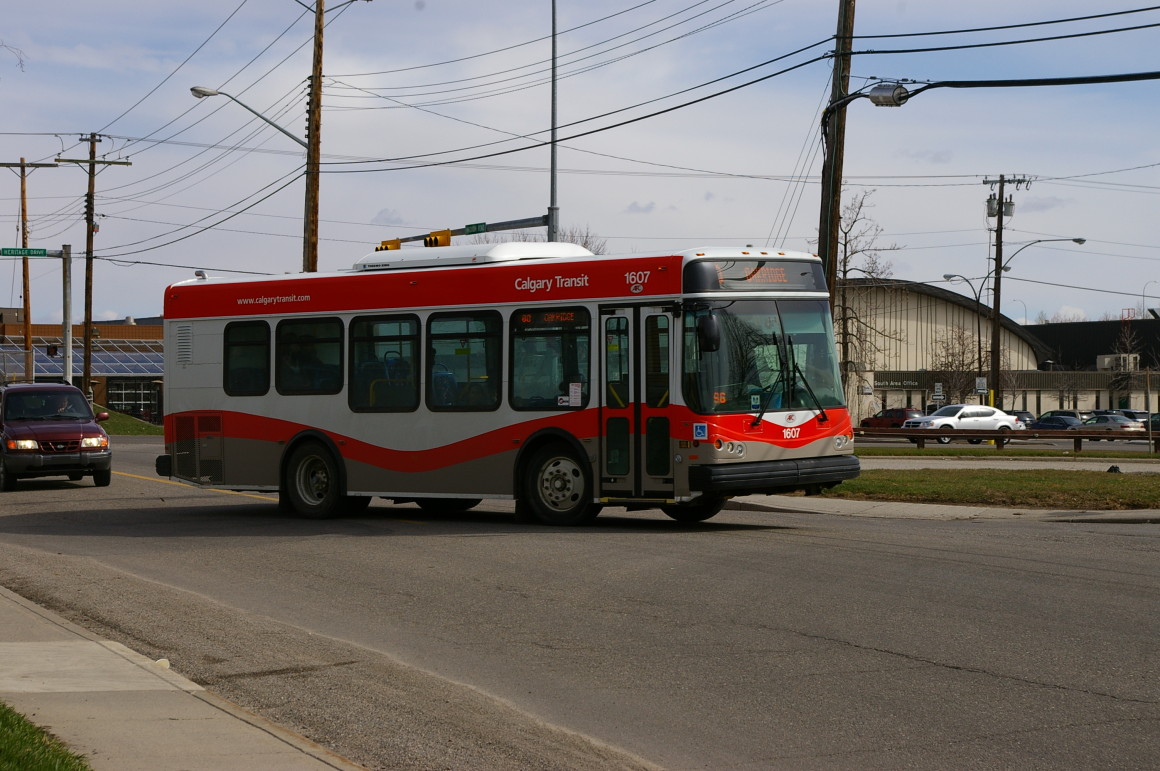
Public consultations can hurt more than help
By Fabian Mayer, March 15, 2016 —
Like Beanie Babies and topknots, public consultation is becoming a fad. From federal ministers touring the country in “pre-budget consultations” to the city’s round of “engagement opportunities” currently underway on possible upgrades to Crowchild Trail, governments are more and more likely to look for public input.
On the surface, this seems like a positive development. Shouldn’t governments consult the public on policies and projects that will impact them?
It depends. The value of consultation depends on the project or policy and how the public’s feedback is used.
There are certain issues where the general public has very little to add. Hence why there are — thankfully — no public consultations on air traffic safety rules, at least not yet. This is obviously an extreme example, but Calgary’s Crowchild Trail study is almost as absurd.
The consultation asks Calgarians to evaluate 17 ideas to alleviate congestion on Crowchild Trail between 17 Ave. and 24 Ave. in the northwest. The ideas range from widening the Bow River bridge — currently the highest rated idea online — to moving Crowchild Trail north of University Drive — the lowest rated idea.
Urban planning is a highly specialized field. It’s difficult to imagine people without relevant expertise in it will be able to give much useful input. The city employs many people with years of schooling and experience in the field, whose entire job is figuring out the best way to move forward based on available evidence.
If their decision-making is constrained by what public consultations have produced, it’s almost certainly bad for Calgary. Alternatively, if feedback isn’t considered in infrastructure decisions, then there is little point in having the consultations in the first place.
In addition, public consultation gives an oversized voice to those negatively affected by a project. People facing the prospect of construction in their backyard will have the greatest incentive to mobilize and do their utmost to halt projects that may be required by the city as a whole. The people that will be helped by improved roads and new transit lanes probably won’t have as big a say.
Future Calgary residents that stand to benefit from improved infrastructure also can’t be consulted. And commuters living at the edges of the city have fewer opportunities to provide input. This is not only unfair, but also has the potential to lead to shortsighted approaches.
Public consultation can be a useful tool for governments. But governments must resist the temptation of using consultation to avoid making difficult decisions. They need to carefully consider whether public consultation will add anything of value and how it can skew the decision making process.
Fabian Mayer is a fifth-year political science student at the University of Calgary. He writes a monthly column about Canadian politics called Last Past the Post.
